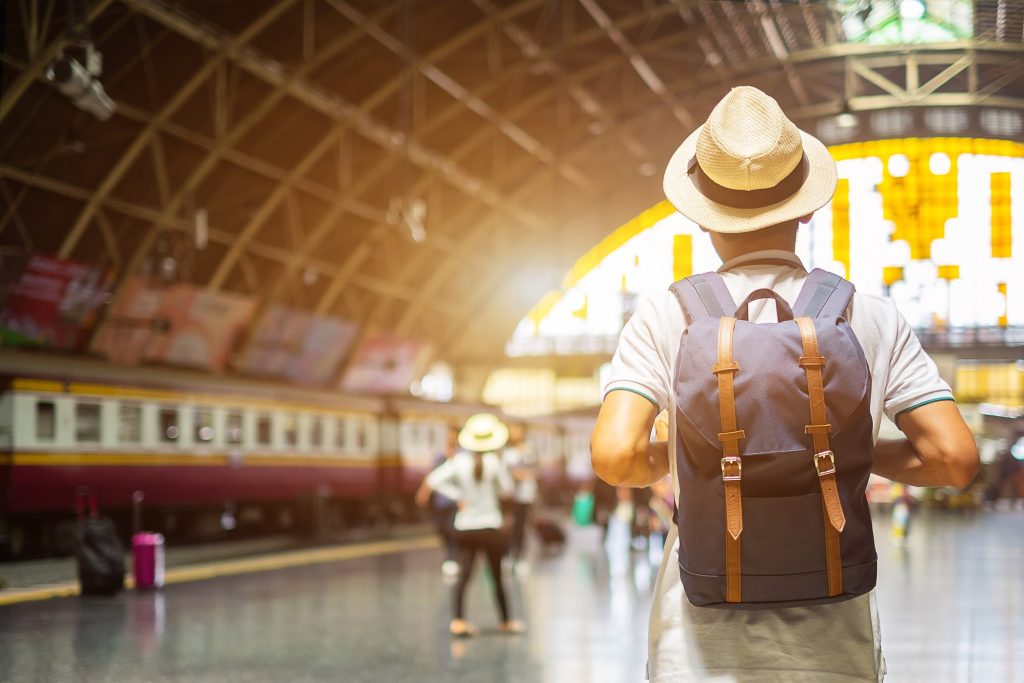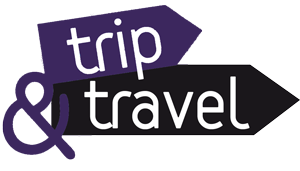Planning a trip can be daunting, especially when there’s so much to think about. Flights, accommodation, budgets, packing, health precautions, and more, all need your dedicated attention.
The sheer number of decisions can be overwhelming, turning an exciting experience into a stressful one. But when you approach travel planning with the right mindset and an organized approach, it can actually be quite enjoyable.
Whether it’s a quick weekend getaway or an international adventure, following the right process ensures that you make the most of your trip.
With planning, you can travel smarter, save time and money, and truly enjoy the time with your loved ones. In this article, let’s break down the elements of smart travel planning and how they can transform your next trip.

Some Travel Basics
Did you know that travel anxiety is a thing? It is the fear of visiting unknown places and also involves the stress related to planning it.
So next time you feel overwhelmed by the thought of travel, you can remind yourself that it’s not nothing. The good news is that dealing with the planning stress strategically can solve a lot of your problems.
Before you dive into the details, start by asking yourself one thing. What kind of a traveler are you? Understanding your travel preferences can make all the difference in how you plan and experience your trip.
1. Personality-Based Planning
Some people prefer a busy itinerary with scheduled activities from dawn to dusk, while others thrive on spontaneity. If you’re an introvert, you might prefer slower-paced activities, while extroverts might enjoy group tours or social activities.
2. Decision Fatigue & Simplification
Too many options can lead to something known as “decision fatigue”. Decision fatigue is when making too many choices starts to feel overwhelming.
To avoid this, simplify your planning process by narrowing down your options early on. For example, instead of deciding on every activity, focus on key must-dos and leave the rest open for exploration.
Personal Prep and Destination Research
Once you’ve figured out your travel style, it’s time to take a look at your destination. Knowing what to expect will not only allow you to plan better but also help you stay safe.
1. Medical Precautions
First and foremost, taking into consideration your health and personal needs is important. This is especially true if you have an existing medical condition or a history of surgical procedures. Certain medical treatments may require extra precautions before flying or traveling long distances.
For example, individuals with deep vein thrombosis (DVT) or a history of blood clots should be cautious when flying. Long flights increase the risk of clot formation due to prolonged inactivity.
Or, women who have undergone pelvic surgeries, like the transvaginal implant, may need to take extra care. This particular device is used to treat pelvic organ prolapse and urinary incontinence. However, the transvaginal mesh lawsuit brings to light the complications that come with it.
Chronic pain, infections, and organ perforation are some of the side effects that you may face if you have had this procedure, informs TorHoerman Law. Women suffering due to this device are filing for compensation from the manufacturer.
Consulting a doctor and getting a routine check-up done before traveling can save you lots of trouble and unnecessary stress. Additionally, if you have any medical conditions that require ongoing care, check if your destination has adequate medical facilities. Remember to carry necessary prescriptions, and go through your travel insurance for medical emergencies.
2. Cultural & Legal Awareness
Cultural norms vary significantly across the globe, and being aware of them can make a huge difference. For example, in countries like Japan, tipping can be seen as rude, while in the U.S., it’s expected.
Knowing the local laws, such as restrictions on certain foods, drugs, or behaviors, can also help you avoid misunderstandings. You can also check websites that provide country-specific travel advisories and legal guidelines.
3. Climate & Seasonal Considerations
Check the weather before you go! Planning your trip during a country’s off-season can save you money, but it might also mean dealing with unpredictable weather.
Use websites that provide weather and climate data to your advantage. Pack accordingly, whether you need sunscreen or a raincoat, and adjust your activities to match the season.
Travel Light, Pack Smart
Packing smart is one of the most effective ways to reduce travel stress. Overpacking can weigh you down while underpacking could leave you scrambling for necessities.
1. The 80/20 Rule
One of the most popular packing strategies is the 80/20 rule, which suggests you only need about 20% of your clothing items for 80% of your activities.
Stick to versatile pieces that can be mixed and matched, like neutral-colored shirts and comfortable shoes that go with everything.
2. Capsule Travel Wardrobe
A capsule wardrobe is another efficient packing method that focuses on fewer, high-quality items that serve multiple functions.
Think about a pair of jeans, a light jacket, and a few well-chosen shirts or dresses. This reduces the number of items in your suitcase while ensuring you have everything you need.
Booking Transportation & Accommodation Smartly
1. Transportation
Airlines use dynamic pricing algorithms that adjust fares based on demand and buyer’s browsing history.
The best time to book domestic flights may be 1 to 3 months before your date of flying. While international flights are typically cheapest when booked 3 to 6 months prior.
Flights on Mondays, Tuesdays, and Wednesdays tend to offer up to 13% lower fares compared to weekends. To avoid price hikes based on repeated searches, using a VPN and clearing cookies before checking fares can also help.
2. Accommodation
When selecting where to stay, travelers often struggle between affordability and comfort. While hotels offer reliability and amenities, alternative accommodations like Airbnb, hostels, and boutique stays provide more flexibility and local immersion. Check guest reviews, research the neighborhood, and opt for well-rated properties.
For those prone to travel fatigue or sensory overload, choosing a quiet location away from major roads or nightlife areas can make a significant difference in sleep quality. While those who love a party can go for more bustling properties in the happening areas of the city.
Take some time to reflect on your past trips, what you liked and didn’t like, and use that information wisely. Effortless travel planning is all about understanding your needs, researching your destination, packing light, and prioritizing health on the go.
By booking smartly, you can maximize comfort, minimize stress, and ensure a smoother travel experience without spending excessively.
Use these strategies to find yourself more prepared, more relaxed, and enjoy your trip to the fullest. Happy travels!














